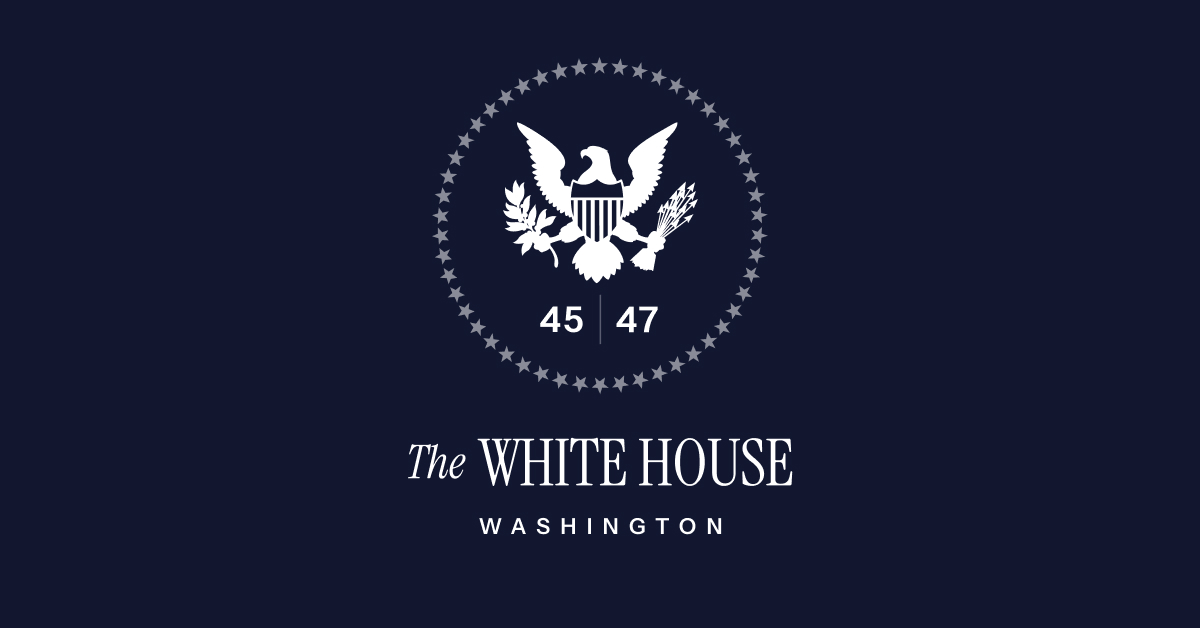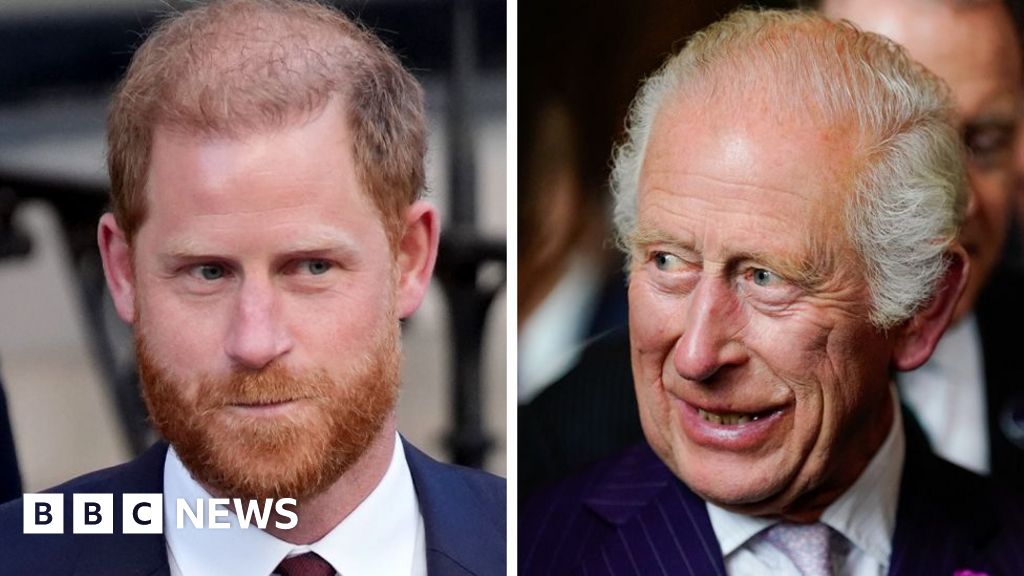Prosecution For Flag Burning In The United States: A Legal Overview

Welcome to your ultimate source for breaking news, trending updates, and in-depth stories from around the world. Whether it's politics, technology, entertainment, sports, or lifestyle, we bring you real-time updates that keep you informed and ahead of the curve.
Our team works tirelessly to ensure you never miss a moment. From the latest developments in global events to the most talked-about topics on social media, our news platform is designed to deliver accurate and timely information, all in one place.
Stay in the know and join thousands of readers who trust us for reliable, up-to-date content. Explore our expertly curated articles and dive deeper into the stories that matter to you. Visit Best Website now and be part of the conversation. Don't miss out on the headlines that shape our world!
Table of Contents
Prosecution for Flag Burning in the United States: A Legal Overview
The sight of a burning American flag evokes strong emotional responses. For many, it's a deeply offensive act, a symbol of disrespect towards the nation and its veterans. But the legality of flag burning in the United States is a surprisingly complex issue, one steeped in legal battles and constitutional interpretations. This article provides a comprehensive overview of the legal landscape surrounding flag burning and the ongoing debate surrounding its First Amendment protections.
The First Amendment and Symbolic Speech:
At the heart of this debate lies the First Amendment to the U.S. Constitution, which guarantees freedom of speech. This protection extends beyond mere words; it encompasses symbolic speech, which includes actions like flag burning intended to convey a political message. The Supreme Court has consistently recognized this broad interpretation of free speech, even when the message is unpopular or offensive.
Key Supreme Court Cases:
Several landmark Supreme Court cases have shaped the legal understanding of flag burning. The most significant is Texas v. Johnson (1989). In this case, the Court ruled that burning the American flag as a form of protest is a form of expressive conduct protected by the First Amendment. The Court emphasized that the government cannot prohibit speech simply because it finds the message offensive. This ruling effectively struck down numerous state laws prohibiting flag desecration.
Other relevant cases include Spence v. Washington (1974), which established criteria for determining whether an act constitutes protected symbolic speech, and United States v. Eichman (1990), which reaffirmed the Texas v. Johnson decision and invalidated a federal law against flag burning.
Attempts to Amend the Constitution:
Despite the Supreme Court's rulings, numerous attempts have been made to amend the Constitution and explicitly outlaw flag burning. These efforts, often driven by strong public sentiment, have consistently failed to gain the necessary two-thirds majority in both houses of Congress and ratification by three-fourths of the states. The political hurdles to amending the Constitution are considerable, highlighting the deeply entrenched nature of the First Amendment protections.
State Laws and Flag Desecration:
While the federal government cannot prohibit flag burning, some states have attempted to circumvent the Supreme Court's rulings through cleverly worded legislation. These laws often focus on the manner of the protest rather than the act itself, attempting to regulate aspects like where or how a flag can be burned. However, these laws often face legal challenges and remain subject to judicial review.
The Ongoing Debate:
The debate surrounding flag burning continues to be a highly charged political and social issue. While many find the act deeply offensive, legal scholars and civil liberties advocates argue that protecting even offensive speech is crucial for preserving the fundamental principles of free expression. The ongoing tension highlights the delicate balance between protecting individual liberties and maintaining social order.
Conclusion:
The legal landscape surrounding flag burning in the United States is complex but clear. The Supreme Court has firmly established that flag burning is a form of protected symbolic speech under the First Amendment. While attempts to legislate against it have failed, the debate remains a significant part of the ongoing discussion surrounding free speech and its limits in a democratic society. Understanding the legal precedents and the ongoing political discourse is crucial for a nuanced understanding of this controversial issue. This ongoing legal and political battle underscores the vital importance of the First Amendment and the ongoing need to protect even unpopular forms of expression.

Thank you for visiting our website, your trusted source for the latest updates and in-depth coverage on Prosecution For Flag Burning In The United States: A Legal Overview. We're committed to keeping you informed with timely and accurate information to meet your curiosity and needs.
If you have any questions, suggestions, or feedback, we'd love to hear from you. Your insights are valuable to us and help us improve to serve you better. Feel free to reach out through our contact page.
Don't forget to bookmark our website and check back regularly for the latest headlines and trending topics. See you next time, and thank you for being part of our growing community!
Featured Posts
-
 The Summer I Turned Pretty Season Finale Bellys Parisian Adventure Begins
Aug 30, 2025
The Summer I Turned Pretty Season Finale Bellys Parisian Adventure Begins
Aug 30, 2025 -
 The Future Of Marquettes Medical Lab Science Program A Call To Action
Aug 30, 2025
The Future Of Marquettes Medical Lab Science Program A Call To Action
Aug 30, 2025 -
 Drug Relapse History Of Former Colts Owner Jim Irsay Revealed In Espn Report
Aug 30, 2025
Drug Relapse History Of Former Colts Owner Jim Irsay Revealed In Espn Report
Aug 30, 2025 -
 Royal Rift Deepens Harry Meets Charles William Skips Family Summit
Aug 30, 2025
Royal Rift Deepens Harry Meets Charles William Skips Family Summit
Aug 30, 2025 -
 Mariana Botas Enfrenta Ola De Criticas Tras Su Participacion En La Casa De Los Famosos
Aug 30, 2025
Mariana Botas Enfrenta Ola De Criticas Tras Su Participacion En La Casa De Los Famosos
Aug 30, 2025
Latest Posts
-
 Buckeye Fans Live Tattoo A Wild Joel Klatt Show Moment
Aug 30, 2025
Buckeye Fans Live Tattoo A Wild Joel Klatt Show Moment
Aug 30, 2025 -
 T1 Keria Expresses Post Game Confidence After Dominant Hanwha Life Win
Aug 30, 2025
T1 Keria Expresses Post Game Confidence After Dominant Hanwha Life Win
Aug 30, 2025 -
 Royal Rift Deepens Harry Meets Charles William Skips Family Summit
Aug 30, 2025
Royal Rift Deepens Harry Meets Charles William Skips Family Summit
Aug 30, 2025 -
 Robert F Kennedy Jr And The Cdc The White House Weighs In
Aug 30, 2025
Robert F Kennedy Jr And The Cdc The White House Weighs In
Aug 30, 2025 -
 Prince Harrys Uk Return Will He And King Charles Finally Meet
Aug 30, 2025
Prince Harrys Uk Return Will He And King Charles Finally Meet
Aug 30, 2025
